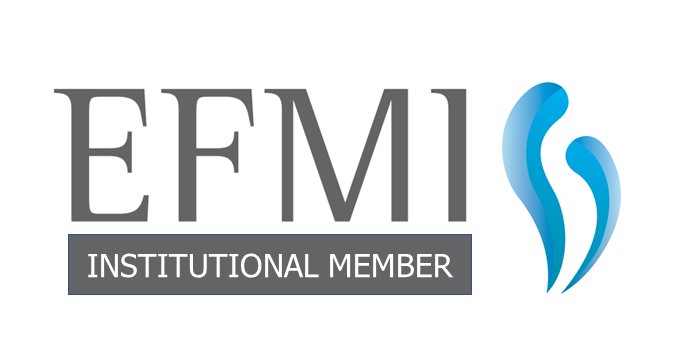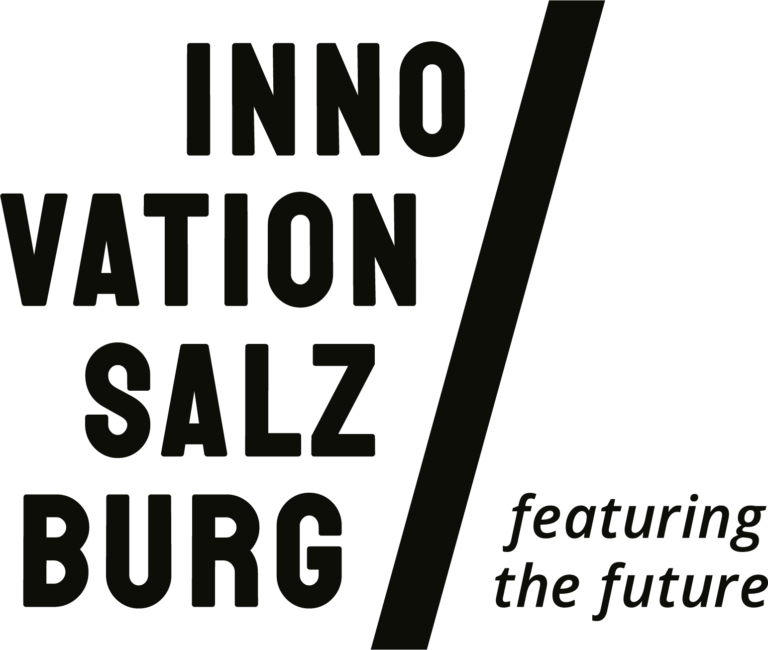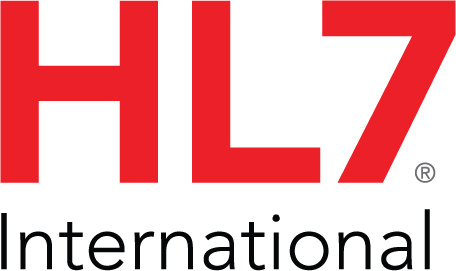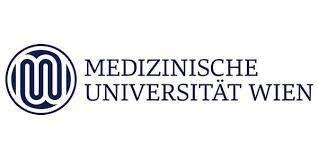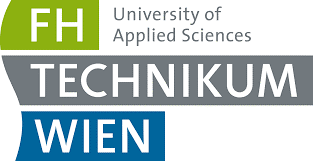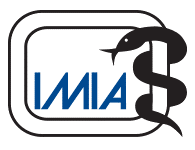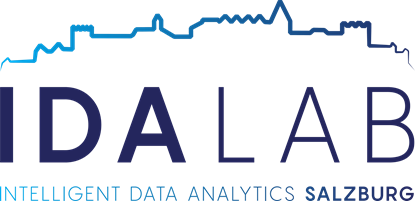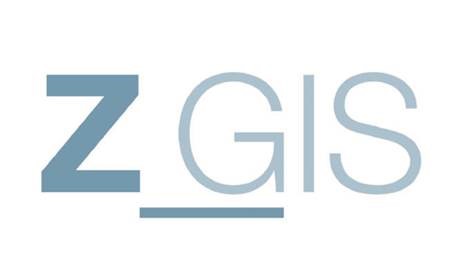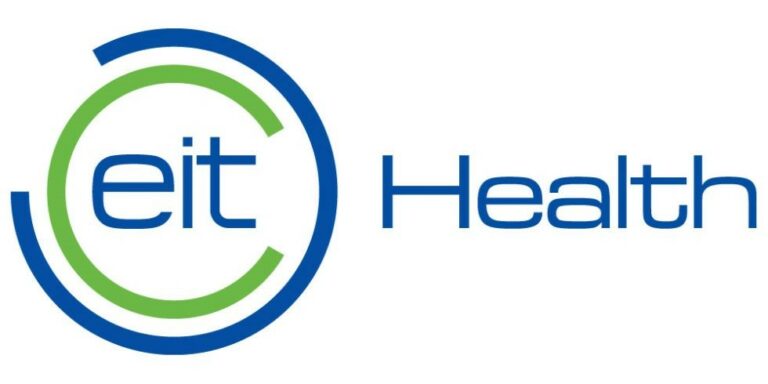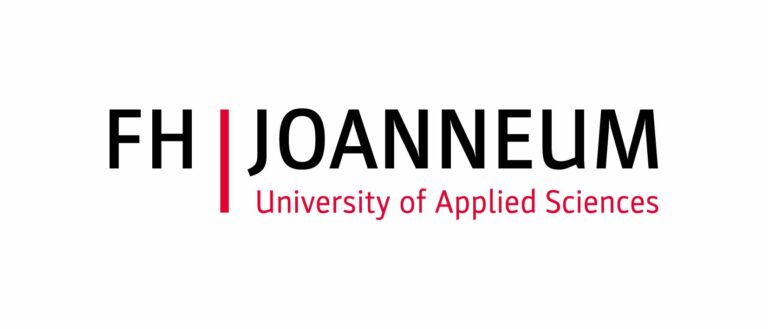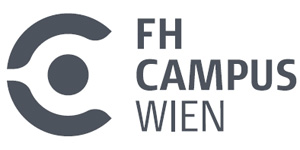Our Partners
The institute partners of the LBI Digital Health and Prevention are the University Hospital Salzburg, with the University Institute for Preventive and Rehabilitative Sports Medicine in the lead, the Salzburg University of Applied Sciences, the Paris-Lodron University Salzburg, the Salzburg Research Forschungsgesellschaft, the Austrian Institute of Technology, the Paracelsus Medical University, and the State of Salzburg.
-
01
Salzburger Landeskliniken (SALK)

The Salzburger Landeskliniken (SALK) is the largest healthcare provider in the state of Salzburg, consisting of the University Hospital Salzburg, Paracelsus Medical University in the central region (Salzburg General Hospital and Christian Doppler Clinic), the associated provincial hospitals of St. Veit, Hallein and Tamsweg, the University Institute for Sports Medicine, Prevention and Rehabilitation and the Children’s Neuro Rehab Centre reKiZ.
As a consortium partner, the (SALK) has modernised a spacious building with 300m² of office and laboratory space in the immediate vicinity of the University Institute for Sports Medicine, Rehabilitation and Prevention and is thus making it possible for the LBI to settle here. The scientists will not only find ideal conditions here in terms of space, but will also be able to work together with the staff of the sports medicine department within a short distance. By linking clinic and research, athletes and patients benefit from care at the highest university level in every respect.LBI at the Institute for Sports Medicine

The University Institute for Sports Medicine, Prevention and Rehabilitation at the University Hospital Salzburg, Paracelsus Medical University, has grown to the largest sports medicine outpatient clinic and the leading sports cardiology in Austria and is now one of the most recognised sports medicine institutes, not only in German-speaking countries.
The range of examinations and care ranges from sports medicine examinations for junior and top athletes to ambitious hobby and health athletes to seriously ill patients in the context of outpatient rehabilitation. It is also responsible for health promotion at the workplace at the University Hospital Salzburg (SALK).
In addition, the institute has been an accredited examination centre of the Austrian Olympic Committee for many years and is responsible for the athletes of the Olympic Centre Salzburg-Rif, the Salzburg School Sports Model SSM, the Australia Institute of Sports, and many more.
In outpatient rehabilitation, the staff train and care for patients with heart and lung diseases and, within the framework of research projects, also for patients with metabolic diseases and cancer patients. From September this year, outpatient rehabilitation for all chronic internal diseases as well as diseases of the musculoskeletal system will be offered in new, expanded premises as the RehaZentrumSalzburg. It is also responsible for teaching and research in the area of Physical Medicine and Prevention.
As part of the health promotion at the workplace (BGF), SALK employees take part in sports medicine examinations as well as training and exercise programmes.
Thanks to excellent national and international networking, including leading functions in the most renowned specialist societies, as well as the management of and participation in numerous research projects, also EU-wide, athletes and patients receive a quality that always corresponds to the latest research. In fact, the sports medicine institute frequently publishes the most and highest-calibre papers in Austria. Almost annual awards with national and international prizes show that it is also one of the leading institutes and research facilities internationally, especially in sports cardiology and outpatient cardiac rehabilitation.
The highest recognition was bestowed to the institution last year when it was awarded the contract to found and manage the new Ludwig Boltzmann Institute for Digital Health and Prevention. The clinical spectrum and scientific expertise at the institute fits perfectly with the LBI and, as a result, serves the care of patients.
-
02
FH Salzburg

Highly practice-oriented, strong in research and rich in opportunities: FH Salzburg offers its 3,000 students in the disciplines of engineering, social and economic sciences, design, media & arts, and health sciences the best academic education with a high level of practice-relevance. With its focus on innovation in research and teaching as well as its international orientation, the FH Salzburg and its 390 employees are initiators of sustainable solutions for business and society, especially in the dynamic fields of technology, health, and media. The FH Salzburg is the first university of applied sciences to participate in a Ludwig Boltzmann Institute.
-
03
Paris Lodron University Salzburg (PLUS)

Paris Lodron University Salzburg (PLUS) is the largest educational institution in Salzburg with more than 18,000 students and around 2,800 employees in research, teaching, and administration. As an integral part of cultural and economic life, it is a place where teachers and students, academia, and the public meet. The PLUS contributes its scientific core expertise in the research fields of Human Computer Interaction, Statistics / Data Science and Psychology to the LBI for Digital Health and Prevention, thus enabling access to the latest scientific findings in these fields for the open innovation work of the LBI.
-
04
Salzburg Research Forschungsgesellschaft mbH

As an independent research institute, Salzburg Research offers know-how and sustainable solutions for complex challenges in the Internet of Things. With motion data intelligence, the research institute makes the movement of things measurable, reliably links them, develops algorithms for meaningful analyses and thus increases value and efficiency. Salzburg Research is a think tank for innovative companies from a wide range of industries and the public sector – internationally oriented and committed to the region. At the Ludwig Boltzmann Institute, Salzburg Research contributes with its know-how in the fields of sensor-based motion analysis and Open Innovation in Science.
-
05
AIT Austrian Institute of Technology

The AIT Austrian Institute of Technology is Austrias’ largest non-university research institution. With its eight centres, the AIT sees itself as a highly specialised research and development partner for industry. The researchers focus on the central infrastructure topics of the future: energy, health & bioresources, digital safety & security, visualization, automation & control, mobility systems, low-emission transport, technology experience, and innovation systems & policy. Around 1,300 employees throughout Austria – in particular at the sites in Vienna Giefinggasse, Seibersdorf, Wiener Neustadt, Tull, Graz, Ranshofen and Leoben – are conducting research to develop the tools, technologies and solutions for Austria’s economy that will keep it fit for the future in line with our motto “Tomorrow Today”. The center for health & bioresources researches on innovative solutions to meet essential challenges such as demographic change and resource scarcity. Its strong position in global research networks helps to answer crucial questions about the future. The centre with its approx. 240 employees addresses the health, environmental, and agricultural sectors with its core competences – digital health, nano and sensor technologies, system integration, molecular biological omics technologies, modelling and simulation.
AIT contributes to the LBI with its 15 years of experience in digital health information systems in the development of mHealth solutions and its network to eHealth infrastructures (such as ELGA), health information systems (such as hospital information systems), and other stakeholders. -
06
Paracelsus Medical University

Paracelsus Medical University (PMU) combines a strong research performance and unique multiprofessional education and training of its students with university-wide entrepreneurial sustainability to contribute in the best possible way to the health of people. The PMU is constantly generating new knowledge and transferring this into practice, through outstanding education and training, fields of excellence in research and innovative strength. The PMU is a sought-after cooperation partner and sets standards in selected research areas. It is actively networked nationally and internationally. This makes the PMU an ideal partner for the LBI-DHP.
-
07
Land Salzburg
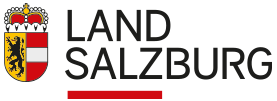
The state Salzburg is represented as partner by the Amt der Salzburger Landesregierung.
Innovation Salzburg GmbH is the innovation and location agency for Salzburg. It accompanies and supports companies and research institutions in their projects and is an implementation partner for technology and innovation policy strategies in the province of Salzburg.
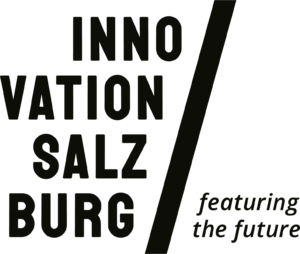
We raise awareness for promising future-oriented business topics and bring these to businesses in Salzburg. We advance existing Salzburg’s economic strengths in cooperation with other institutions and are thus an important partner for implementing of Land Salzburg’s economic model.
-
08
Ludwig Boltzmann Gesellschaft

The Ludwig Boltzmann Gesellschaft (LBG) is a non-university research organisation with thematic foci in medicine and the life sciences as well as the humanities, social and cultural sciences. Together with academic and other partners, we operate the Ludwig Boltzmann Institutes (LBI) and the Ludwig Boltzmann Research Groups (FG) at various locations in Austria. These institutions are created after strict selection processes, initiate new research topics, can react flexibly to current social and scientific developments and conduct interdisciplinary pioneering research. At the same time, they offer scientists the freedom to think outside the box.
The Ludwig Boltzmann Gesellschaft is an association (Verein) and operates a limited liability company (GmbH) as a wholly-owned subsidiary. The institutes and research groups are legally located either in the GmbH (all institutes and research groups since the reform in 2002) or in the Verein (institutes founded before the reform). The LBG office in Nußdorfer Straße is equally responsible for the Verein and the GmbH.



